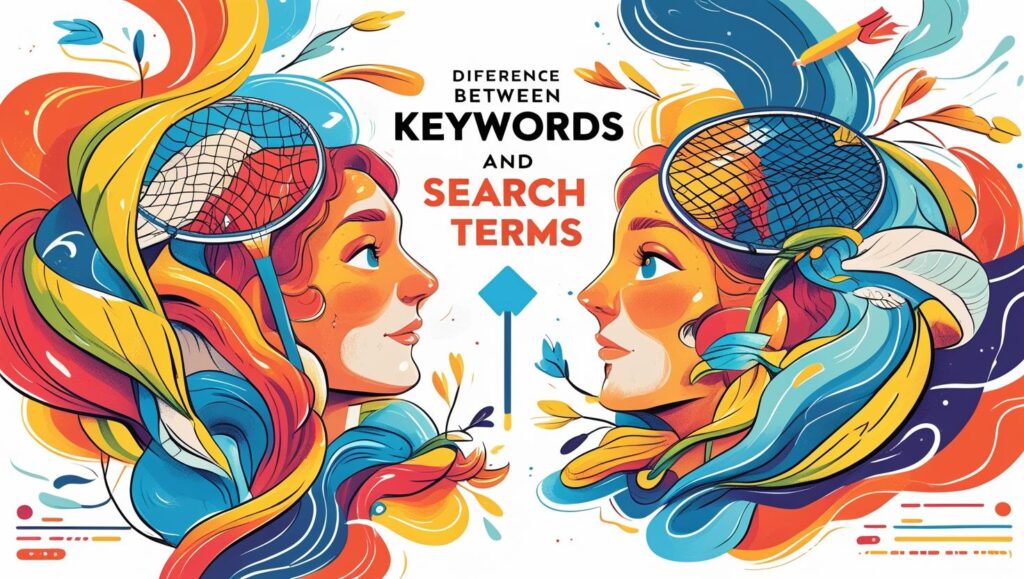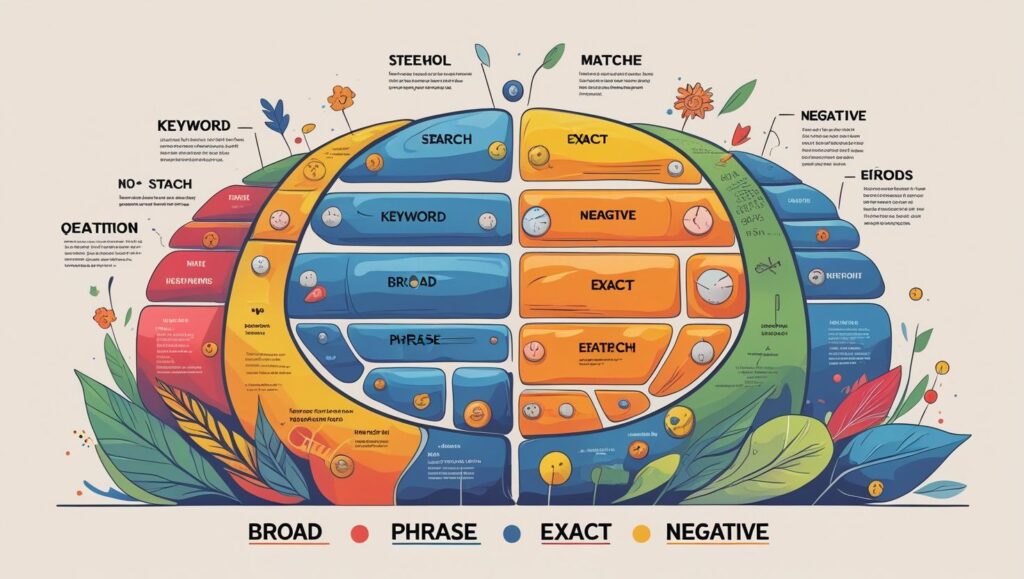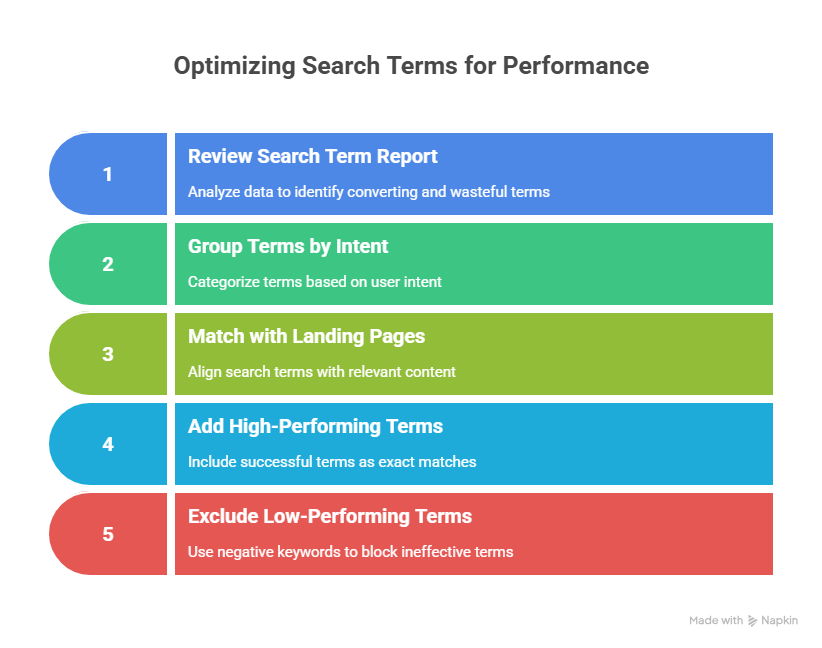📌 Introduction: Why Search Terms Matter in SEO and Paid Campaigns
Understanding search terms is fundamental to both SEO and paid advertising. These are the actual words or phrases users type into search engines when looking for something—revealing true user search intent. Unlike keywords you bid on or optimize for, search terms reflect what real users are thinking, wanting, or needing in the moment.
If you’re not analyzing search terms effectively, you’re missing out on valuable insights into your audience’s mindset. Whether you’re managing Google Ads or running an organic strategy, optimizing around search terms, keyword match types, and negative keywords will help your campaigns become more targeted and cost-efficient.
At Webie, our experts regularly audit clients’ search terms to align their paid and SEO strategies with actual user behavior, resulting in better ROI.
🔍 What’s the Difference Between Keywords and Search Terms?
Though often used interchangeably, keywords and search terms are not the same.
- Keywords are the words or phrases you target in your campaigns.
- Search terms are the actual queries users enter into the search engine.
For example, you might bid on the keyword “running shoes,” but the search term someone types could be “best trail running shoes under $100.”
Recognizing this difference helps advertisers better match their offers to what users are really looking for—and it’s one of the core ways to understand user search intent.

🧠 Types of Keyword Matches and Why They Matter
To control how closely search terms must align with your keywords, Google Ads allows different keyword match types:
🔸 Broad Match
- Your ad shows for searches that relate to your keyword in any way.
- Pro: Wider reach.
- Con: Lower relevancy, higher risk of wasted spend.
🔸 Phrase Match
- Your ad appears for queries that include your keyword in the same order.
- Balances reach and relevance.
🔸 Exact Match
- Ads only show when the search term is nearly identical to your keyword.
- Best for high-intent, precise targeting.

Choosing the right keyword match type is essential to improve efficiency and reduce irrelevant clicks.
🚫 Negative Keywords: Your Campaign’s Secret Weapon
Not every search term that triggers your ad is valuable. That’s where negative keywords come in. These are terms you explicitly tell search engines to exclude from triggering your ad.
For example:
- If you’re selling premium software, you might exclude search terms like “free download” or “open source.”
- If you offer professional services, exclude “DIY” or “cheap.”
Using negative keywords:
- Reduces wasted ad spend
- Increases conversion rates
- Improves overall campaign performance
Implementing this strategy effectively is part of how to optimize search terms without burning through your budget.
👉 Also, be sure to read our related article on avoiding keyword cannibalization in SEO to keep your organic efforts aligned.
📈 How to Optimize Search Terms for Better Performance
Here’s a simple framework to make your search terms work harder for you:
- Regularly review your search term report
Identify what’s converting and what’s wasting money. - Group terms by intent
Is the user looking to buy, learn, or compare? - Match with appropriate landing pages
Align content or offer with the exact search phrase. - Add high-performing terms as exact matches
This ensures greater control over bids and user experience. - Exclude low-performing terms
Use negative keywords to block these from triggering your ads.
The better you understand how your audience searches, the better you can serve them—with content, offers, or ads that meet them at the right moment.

🎧 Search Terms, SEO, and User Behavior: What’s Next?
At BozzaBench, we explore how search behavior connects to design, content, and UX in our weekly podcast series. It’s not just about ranking—it’s about relevance, conversion, and understanding people.
If you’re running paid campaigns or optimizing for organic search, search terms are your most valuable source of insight into what users actually want. Make it a habit to dig deep into your reports and continually refine your strategy.
✅ Final Thoughts
Mastering search terms is more than just adjusting bids—it’s a strategic advantage. By aligning with user search intent, choosing the right keyword match types, and filtering with negative keywords, marketers can dramatically improve campaign relevance and ROI.
Ready to scale smarter? Let Webie and BozzaBench help you transform search data into performance.



























Leave a Reply